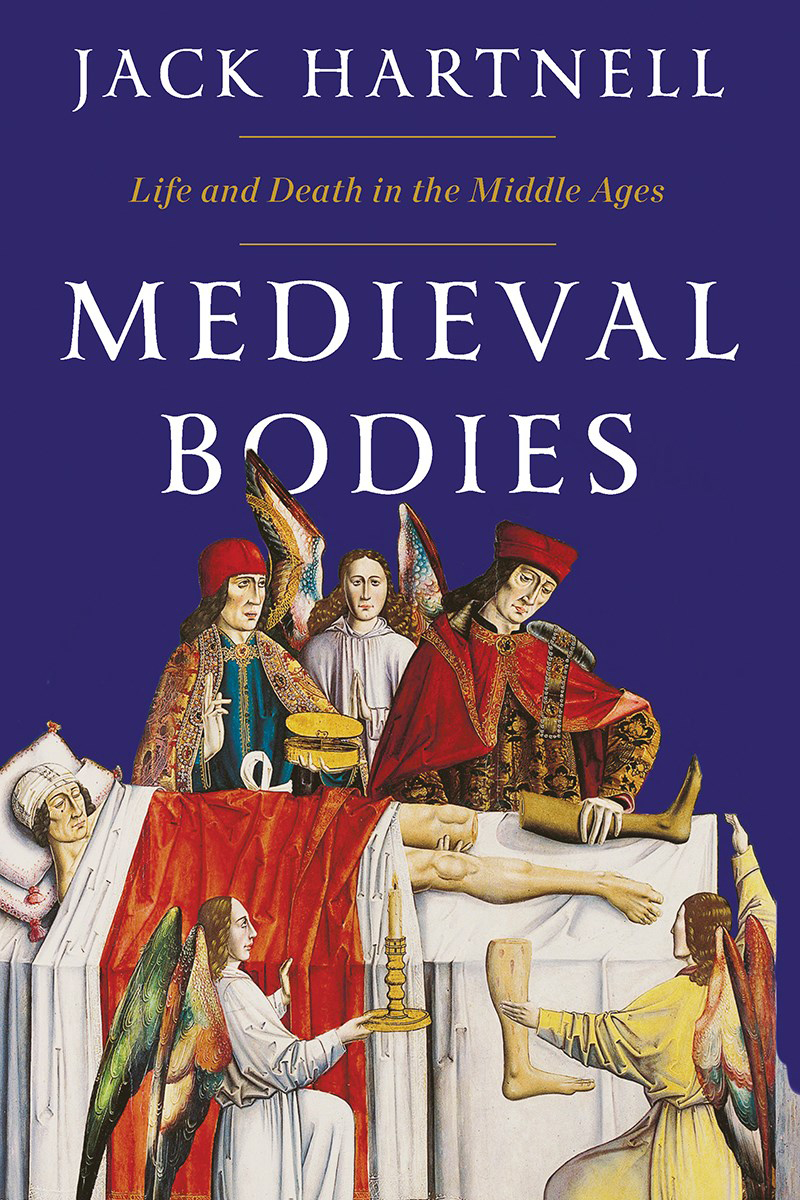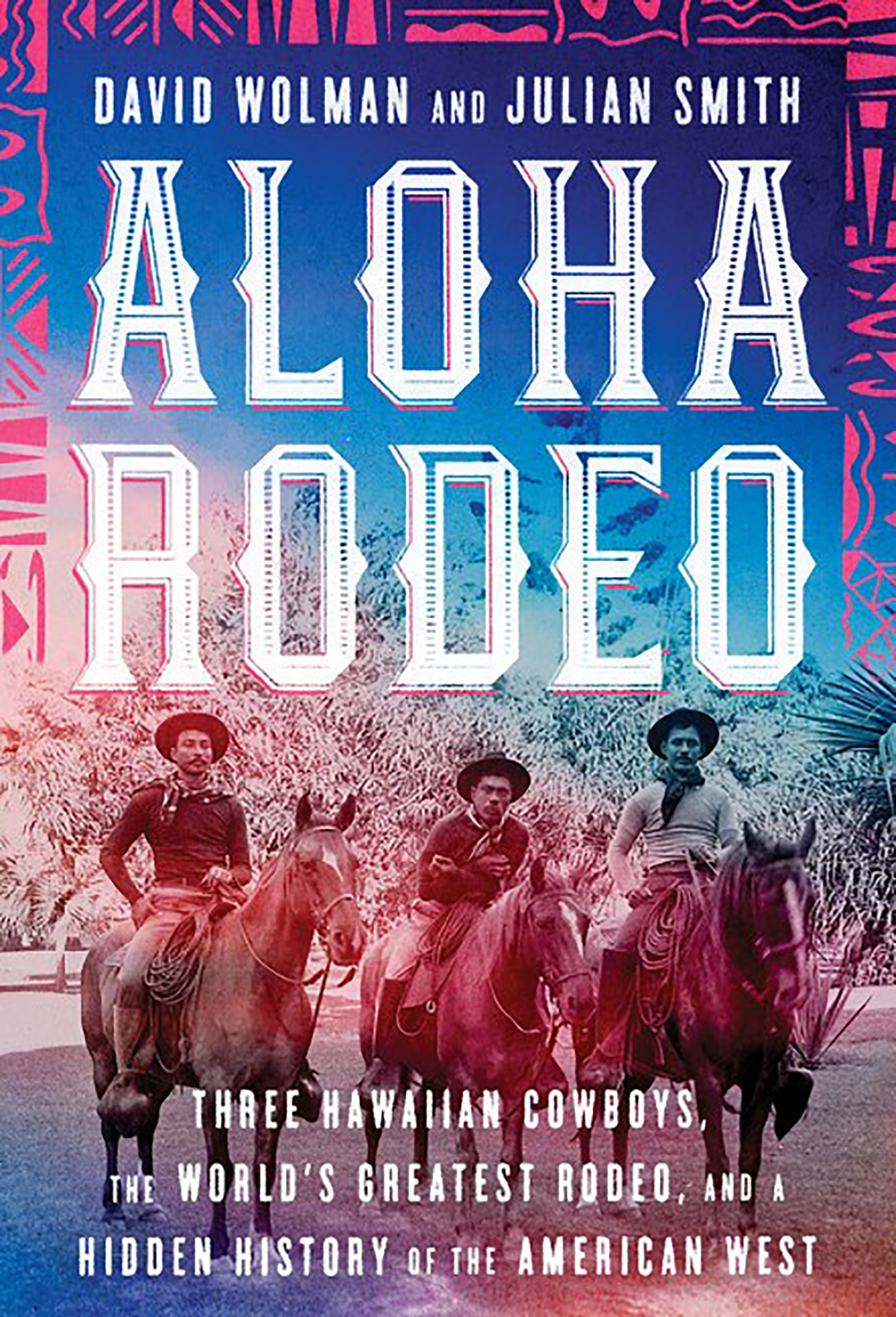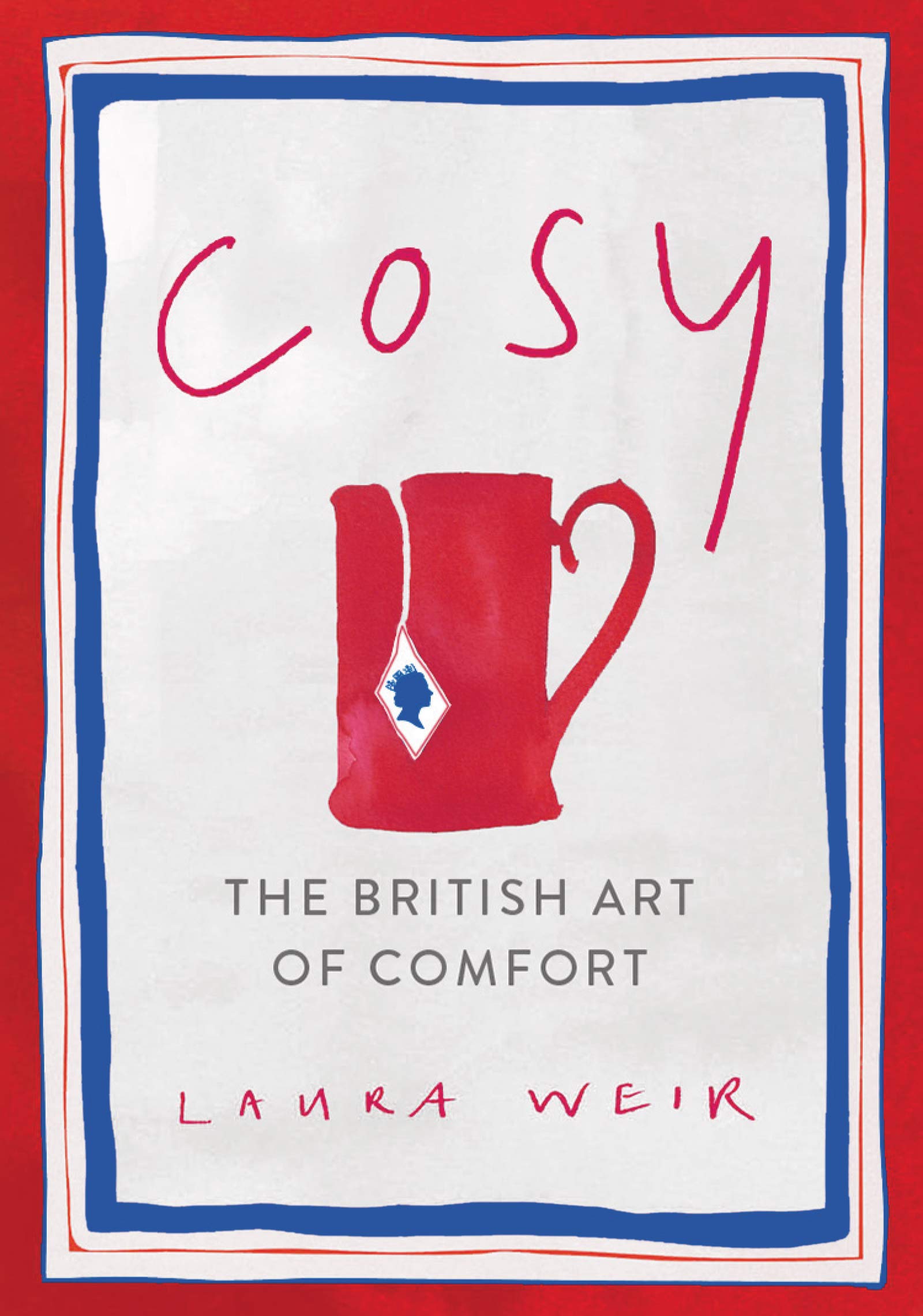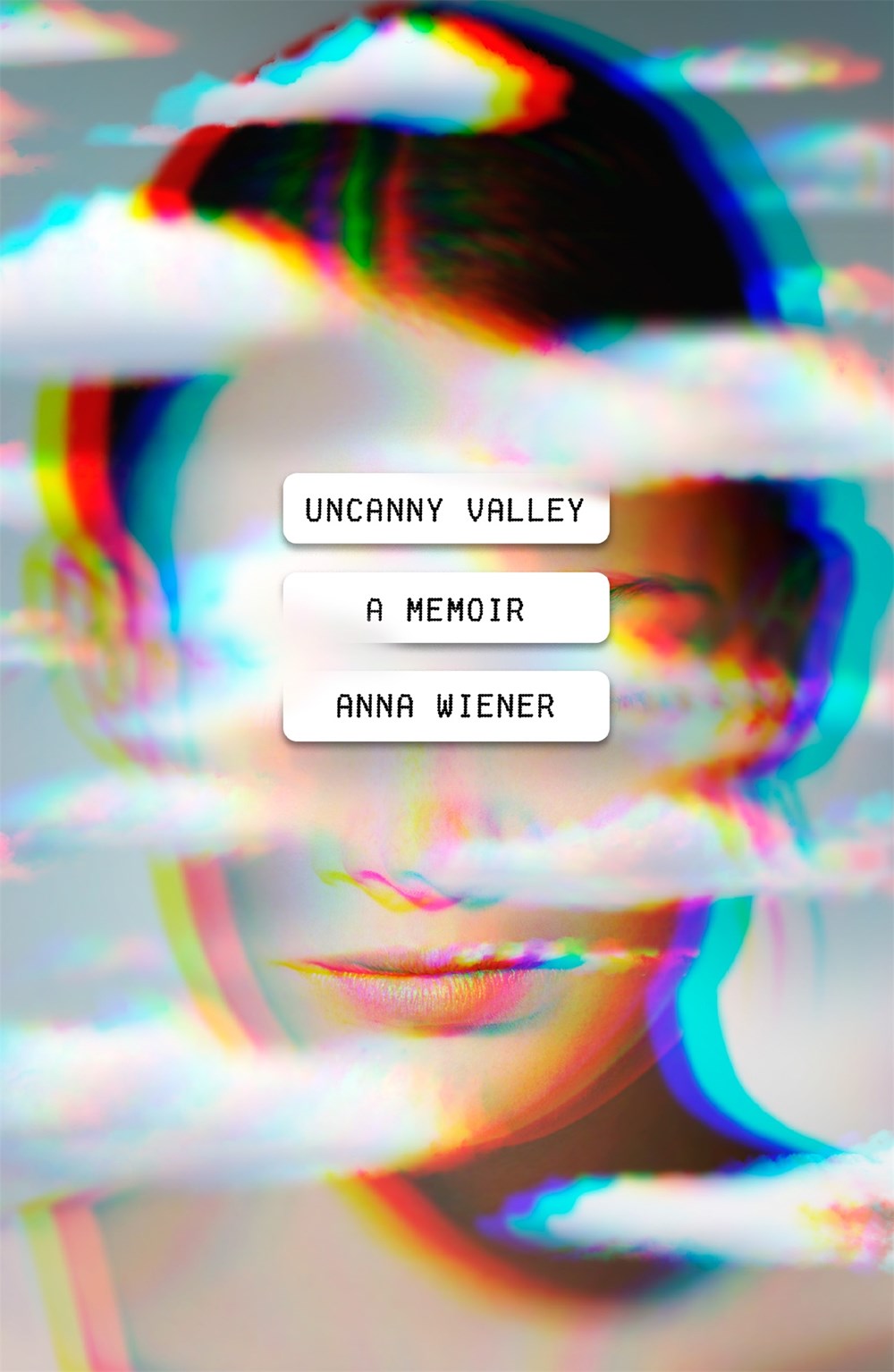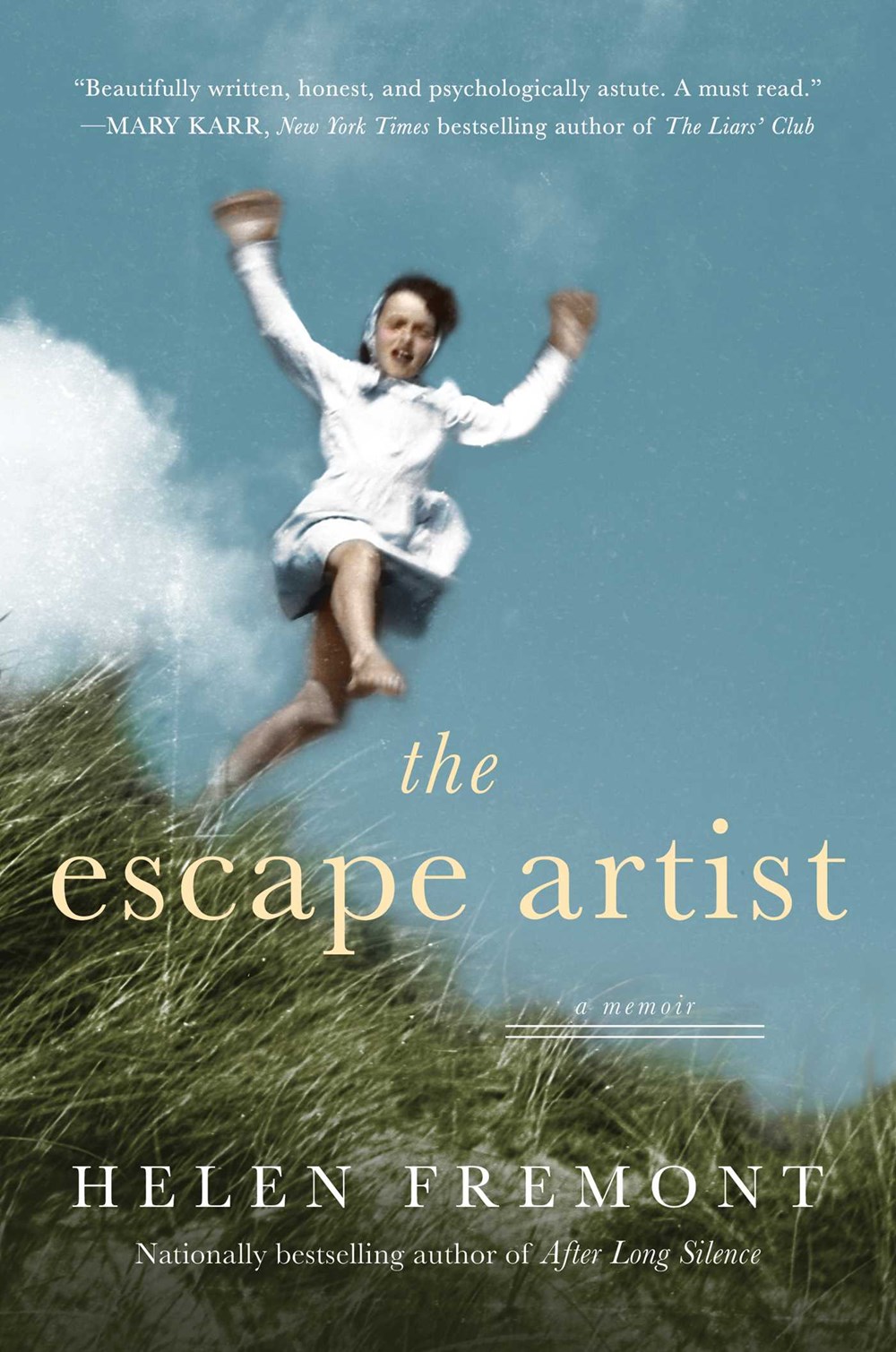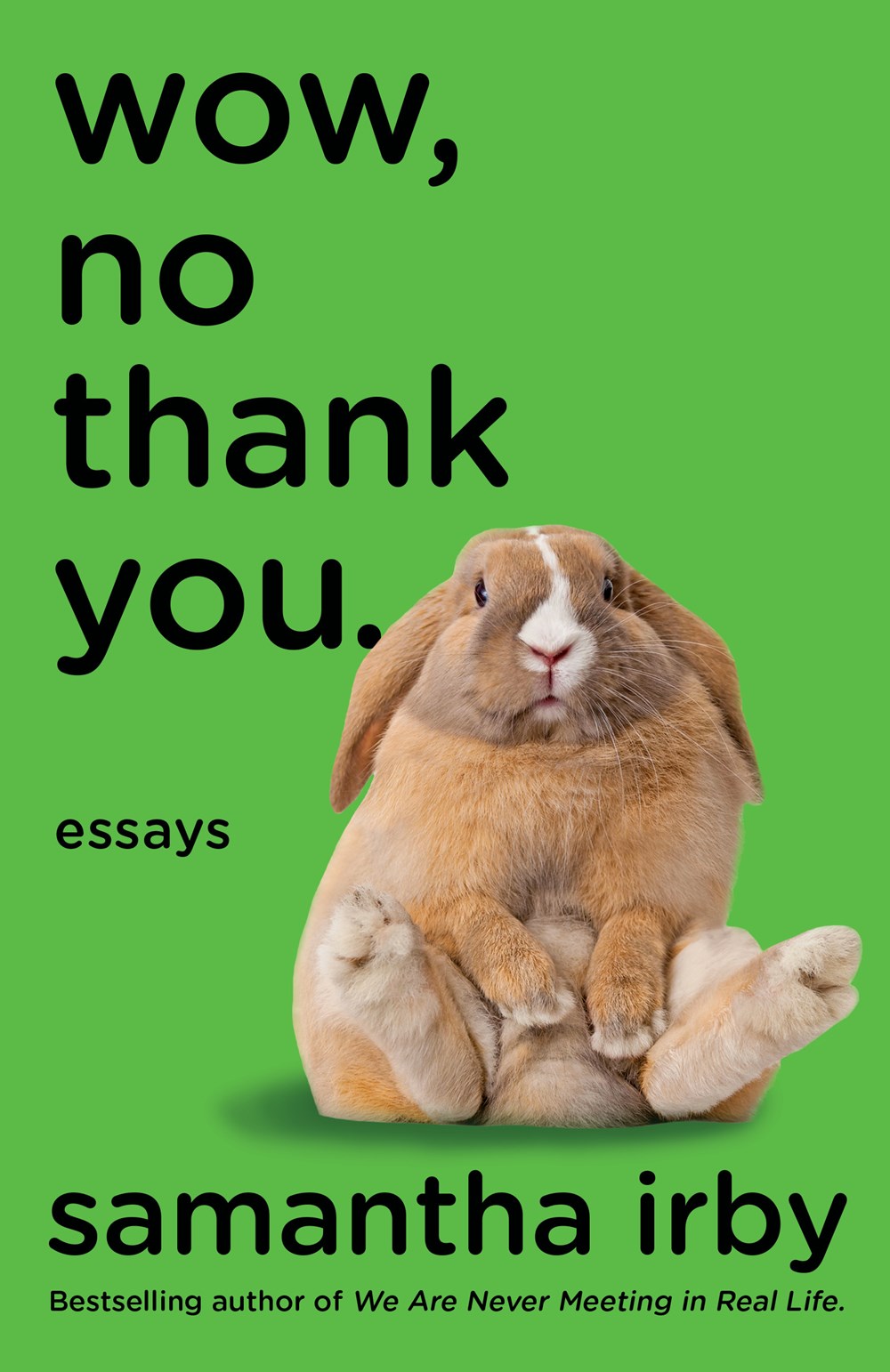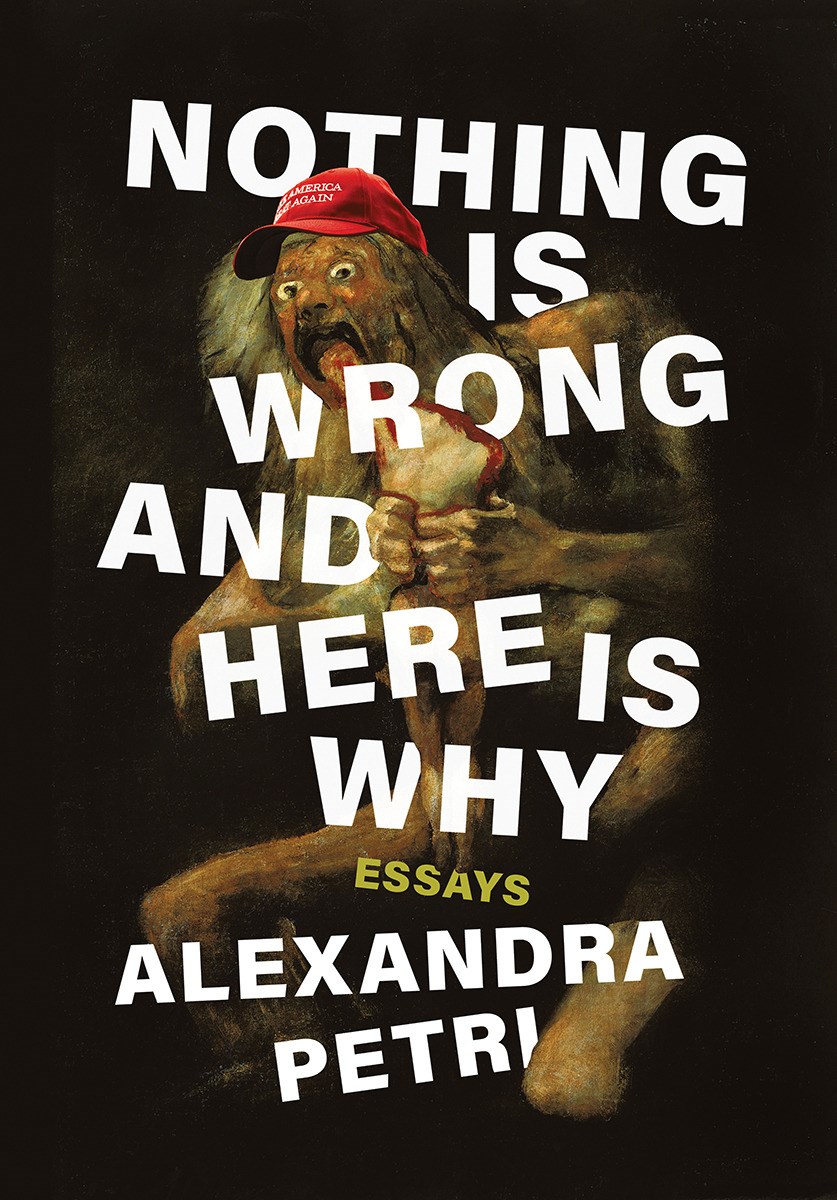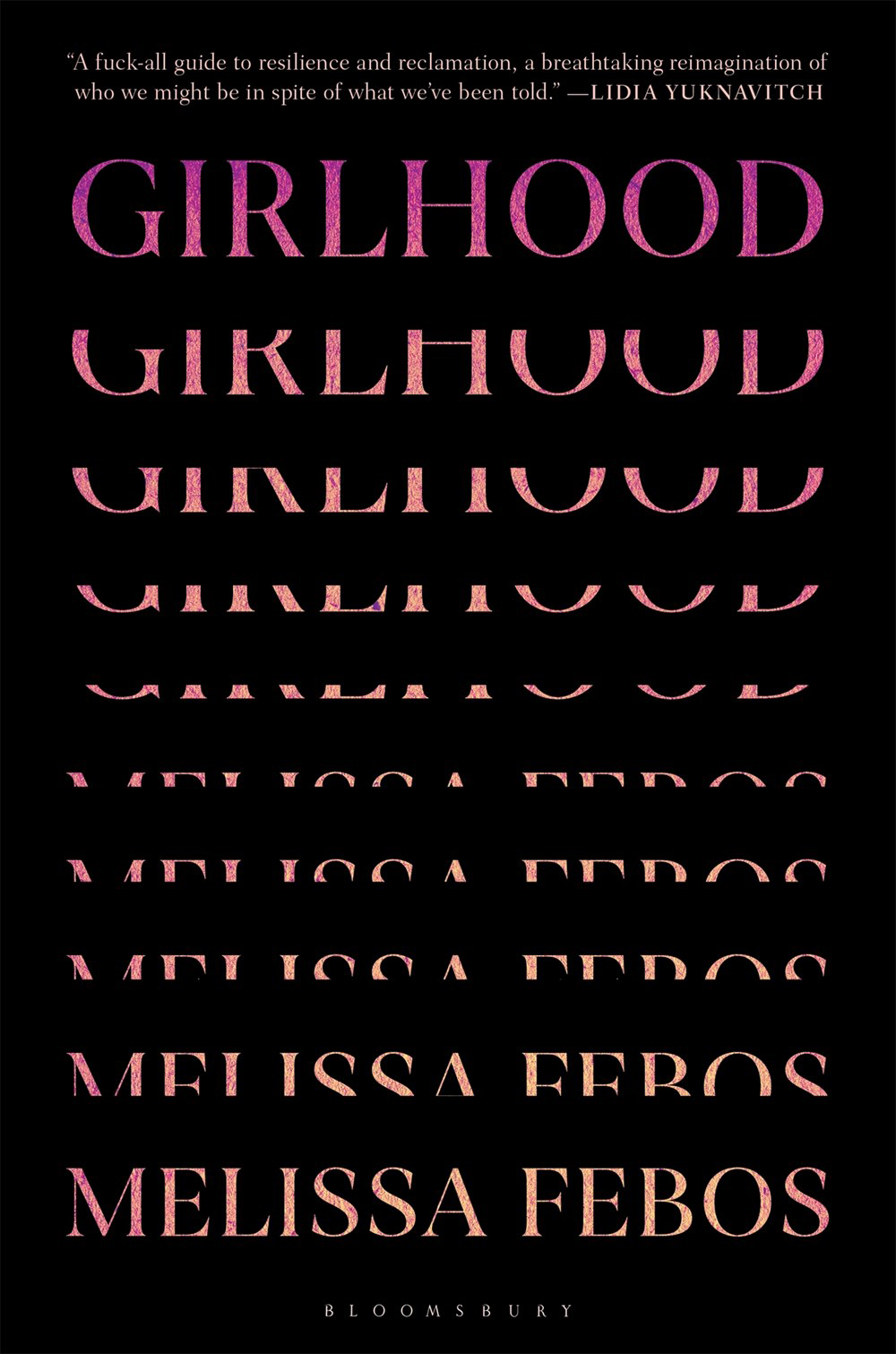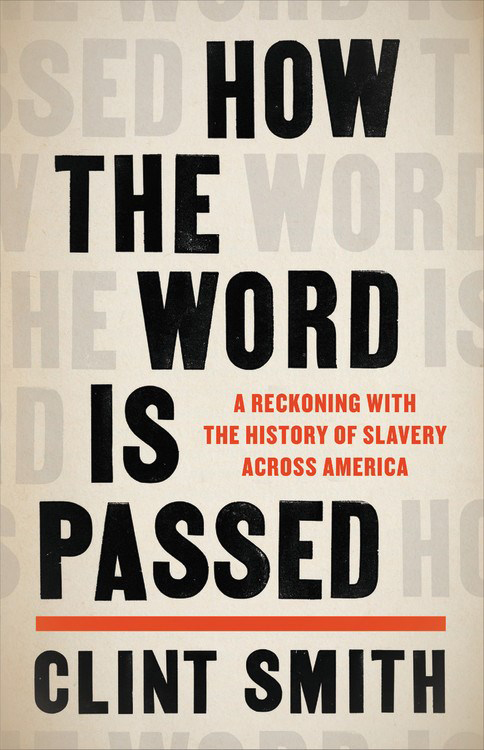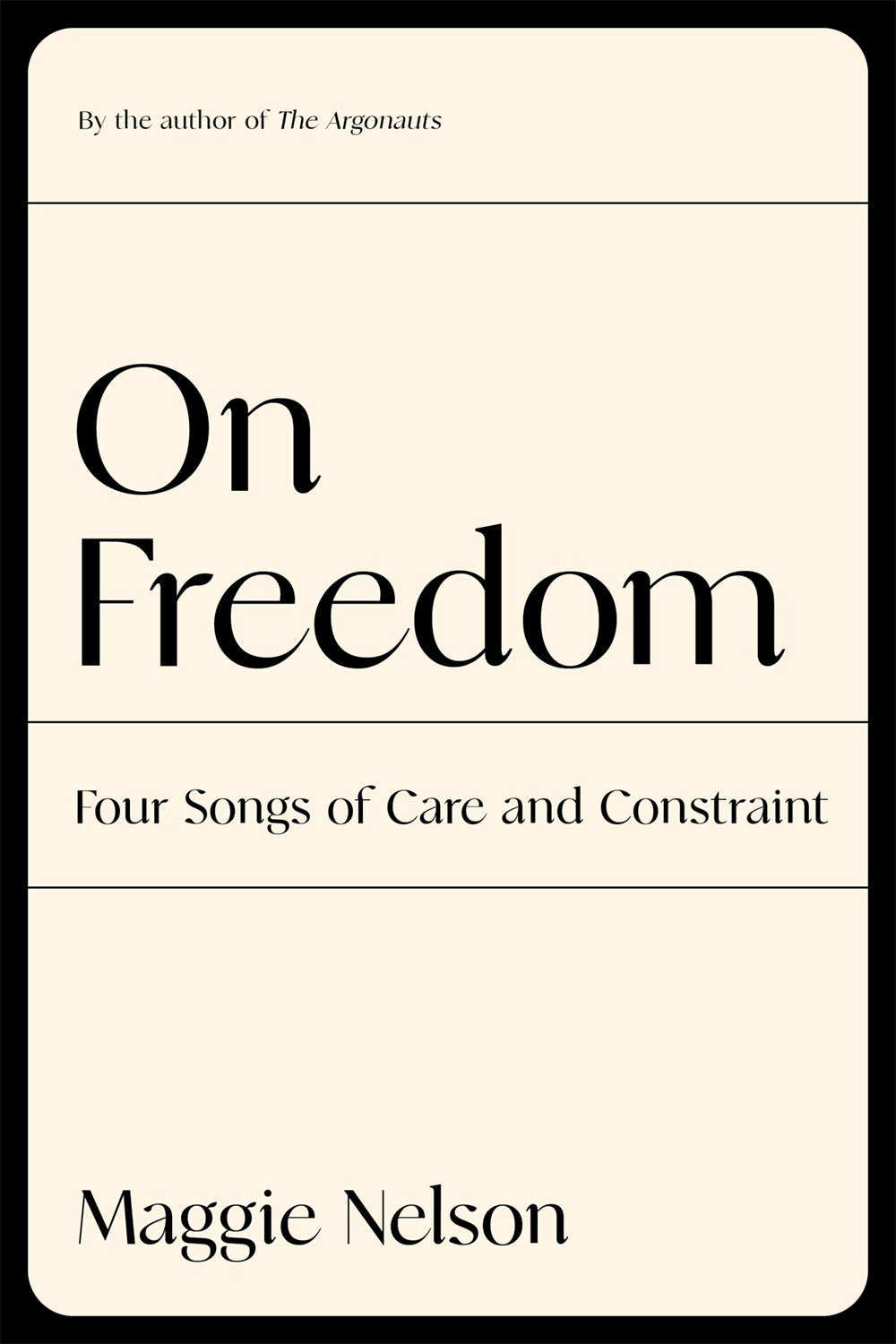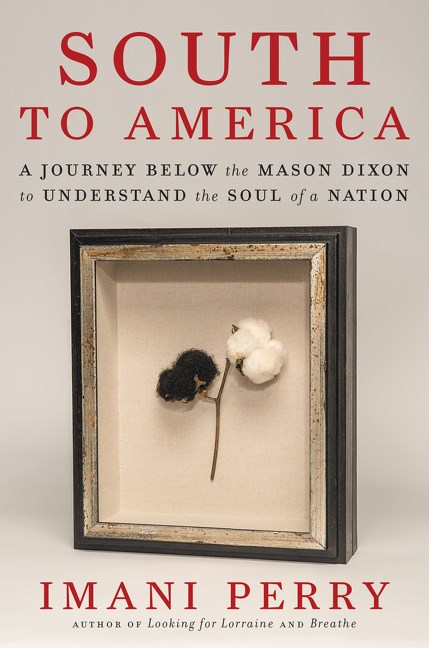We’re over halfway through 2019, and somehow the best is still yet to come. Here are some amazing memoirs you’ll fall for (sorry) this fall.

Think Black by Clyde W. Ford
Amistad | September 17
John Stanley Ford was proud of his position as the first black systems engineer at IBM, His son, Clyde, on the other hand, resisted following the path his father had paved. In Think Black, Clyde blends personal experience with technological and racial history to reveal how these things influenced one another. This wide-ranging memoir includes an exploration of IBM’s ties to oppressive regimes even as it honors the author’s father’s dreams and contributions to the digital age.
How to Be a Family by Dan Kois
Little, Brown | September 17
In 2017, Dan Kois and his wife asked themselves, “Could the two of us set aside our relentless quest to make sure our children had every material and educational advantage, and instead focus for twelve months on caring for all our hearts and souls?” They packed up their two daughters and all their belongings, ditched their suburban Washington, D.C., life and spent a year living in New Zealand, the Netherlands, Costa Rica and Kansas. With Kois at the helm as a candid, comic tour guide, How To Be a Family is definitely a trip worth taking.

Motherhood So White by Nefertiti Austin
Sourcebooks | September 24
As a single African American woman, Nefertiti Austin decided to adopt a black baby boy out of the foster-care system—but institutionalized racism blocked her at every turn. In this unflinching account of her parenting journey, she explores the history of adoption among black Americans, faces off against stereotypes of single, black motherhood and examines the question: What is it like to be a black mother in a world where the face of motherhood is overwhelmingly white?
Toil & Trouble by Augusten Burroughs
St. Martin’s | October 1
Just when you thought Augusten Burroughs had exhausted all of his life’s most entertaining material, he goes and writes a memoir about being a witch. In Toil & Trouble, Burroughs reveals that he is a witch, his mother was a witch, and he in fact comes from a long line of witches. He may not believe in God or the Devil, but after a lifetime of spooky coincidences, uncanny knowledge and mysterious intuitions, he certainly believes in witchcraft. This is his first memoir in five years, and it’s coming out just in time to be the perfect October read.

Here We Are by Aarti Namdev Shahani
Celadon | October 1
NPR correspondent Namdev Shahani’s story fulfills what most call the American Dream. Her parents emigrated from India to America (via Casablanca) over 40 years ago, full of hope that this new country would offer their growing family more than their war-torn home. But when Shahani’s father accidentally becomes entangled with the California drug cartel, his life becomes mired in legal and immigration woes. Shahani’s raw and engaging debut recounts her family’s gut-wrenching struggle to immigrate despite a broken system.
Commute by Erin Williams
Abrams | October 8
Commute is an intimate, powerful and beautifully drawn account of a single day in author-illustrator Erin Williams’ life. On her commute to and from work in New York, strangers spark memories of her life before recovery: risky sexual encounters, nights of being blackout drunk, mornings of guilt and shame. The gap between consent and sexual assault is wide and blurry, and Williams explores this space with equal parts tenderness and ruthlessness. This book should be required reading for absolutely everyone.

How We Fight for Our Lives by Saeed Jones
Simon & Schuster | October 8
This debut memoir by poet Saeed Jones will break your heart and put it back together over and over and over. Jones is a black, gay man from the South, and How We Fight for Our Lives is a commentary on race and queer identity, power and vulnerability, and how relationships can make and break us along the way—all told with the ease and control of a master storyteller.
Unfollow by Megan Phelps-Roper
FSG | October 8
Megan Phelps-Roper grew up in a family famous for its zealous intolerance and reprehensible pickets signs. Except, from her perspective as a child, her family was full of safe, loving people, and the rest of the world was intolerant toward them. This memoir about growing up, coming out of denial and leaving the Westboro Baptist Church is written with such heart-wrenching tenderness and narrative control, you’ll hang on every word even if you already know how it ends.

Wild Game by Adrienne Brodeur
HMH | October 15
When Adrienne Brodeur was 14, her mother, Malabar, woke her up in the middle of the night. “Ben Souther just kissed me,” Malabar told Adrienne, referring to a friend of the family who’d been visiting their house in Cape Cod. In the years that followed, Malabar relied on Adrienne to keep this affair a secret—from Malabar’s husband and family, from Ben’s wife and family—with calamitous results for everyone involved. Wild Game is Brodeur’s unbelievable memoir of the toll this secret took on her life, and believe me—if you don’t read this one, you will be out of the loop.
Running With Sherman by Christopher McDougall
Knopf | October 15
When a neighbor asked Christopher McDougall (Born to Run) to make room on his farm for a donkey that had been rescued from an animal hoarder, he thought, Why not? But Sherman the donkey was in worse shape than he could have possibly imagined. To heal Sherman’s heart as well as his body, McDougall decided to teach him to run. Together they began training for the World Championship Pack Burro Race in Colorado, kicking off a journey full of heart and humor that will touch the animal-ambivalent as much as the animal-lover.

For Small Creatures Such as We by Sasha Sagan
Putnam | October 22
Sasha Sagan, daughter of Carl Sagan and Ann Druyan, grew up believing that the world is full of beauty and wonder—and that science, more than faith, fable or fairy tale, helps us see this beauty. In For Small Creatures Such as We, Sagan is a competent guide who shows us how to marvel. Part memoir, part guidebook, part social history, the book is divided by topic—from weddings to death to sex—as Sagan uncovers the meaning in our everyday rhythms and pays tribute to her father, her newborn daughter, her spouse and the natural world.
Ordinary Girls by Jaquira Díaz
Algonquin | October 29
While growing up in housing projects in Puerto Rico and Miami Beach, Jaquira Díaz longed for a sense of home. She found community and support among friends as her mother battled schizophrenia and her family fractured, but ultimately her life was upended by violence. From her own struggles with depression and sexual assault to Puerto Rico’s history of colonialism, every page of Ordinary Girls vibrates with music and lyricism. Díaz writes with raw and refreshing honesty, triumphantly mapping a way out of despair toward love and hope.

In the Dream House by Carmen Maria Machado
Graywolf | November 5
Carmen Maria Machado’s debut short story collection, Her Body and Other Parties, blew readers’ expectations of the genre to bits, and this memoir promises to do the same. In the Dream House recounts Machado’s entanglement with one magnetic but explosive woman. Weaving in and out of personal, reported and speculative vignettes, she looks back at her religious adolescence, unpacks the stereotype of lesbian relationships as safe and utopian and explores the history and reality of abuse in queer relationships.





